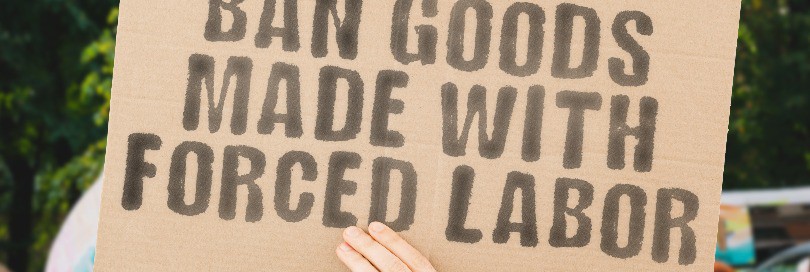CBAM regulation simplifications: the liability burden
19-03-2025
Editor's note. The European Commission has recognised the problem of unnecessary red tape and has announced a far-reaching simplification of certain regulations. The CBAM Regulation is one of
…
them. Which CBAM simplifications are planned and which still need to be considered? CLECAT, the European Association for Forwarding, Transport, Logistics and Customs Services, has expressed its views on this subject in a document sent to the European Parliament's Committee on the Environment, Climate and Food Safety and to the Members of the Council, which we invite you to read.
CLECAT

Comments ()
To post a comment you need to